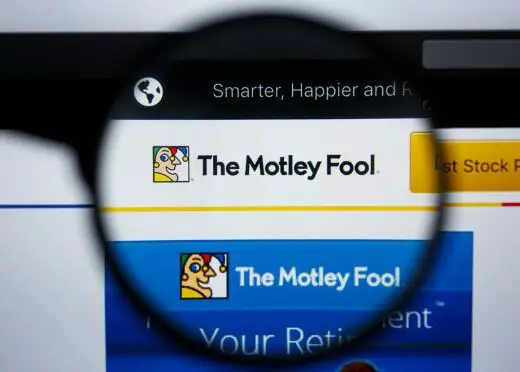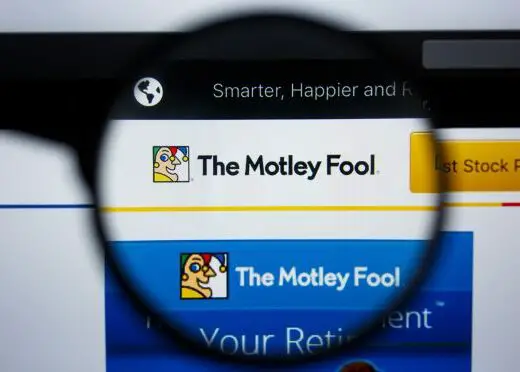
CommonCentsMom.com is advertiser-supported: we may earn compensation from the products and offers mentioned in this article. However, any expressed opinions are our own and aren't influenced by compensation. The contents of the CommonCentsMom.com website, such as text, graphics, images, and other material contained on this site (“Content”) are for informational purposes only. The Content is not intended to be a substitute for professional financial or legal advice. Always seek the advice of your Financial Advisor, CPA and Lawyer with any questions you may have regarding your situation. Never disregard professional advice or delay in seeking it because of something you have read on this website!
If you have an account with a financial advisor, you may wonder if the advisor has access to your money. As we explain in our article about understanding financial advisors, most financial advisors do not have access to your money.
You are the one who gives them permission to use your money and it is up to you to decide how much access they have. This article explains what access a financial advisor has and how you can keep that from happening.
What Does Access Mean?
Access is a term that is used by both financial advisors and their clients. For example, let’s say you have $50,000 in your brokerage account with your broker and it is earning 5% interest. Your broker says that he wants $50,000 of that $100,000 in your account.
He will take $50,000 of the $100,000 as long as he can get it back when he makes trades for you. If he needs the other $50,000 right away because he has a big trade coming up or there is another client waiting on him to complete a trade for them then he can’t get it from you unless you agree to give him permission or the bank decides to give him permission.

This is the concept of access. You are the one who decides how much access your financial advisor has to your money. The financial advisor has a contract with you that gives him permission to use your money and a fiduciary duty to use your money for you.
He can only take what he needs from you, but he cannot just take it without your permission. If he wants to take more than what is allowed in the contract then he will need your permission to do so.
How Much Access Does Your Financial Advisor Have?
Financial advisors have different levels of access depending on the type of account they have with you and what type of investment options they offer. Let’s start with an example where there is no access at all because the advisor doesn’t have an account with you: Let’s say that you have $50,000 in a brokerage account and it is earning 5% interest (a little higher than average).
You are considering investing $5,000 in bonds that pay 4% interest and $5,000 in stocks that pay 6% interest each year (you would make 5% on both investments). In this case, if the broker makes a trade for another client that he needs to get money from you, he will not be able to get the $5,000 from you.
You would have to give him permission to do so. If the broker is your financial advisor, then there are different levels of access depending on what type of account you have with him. Let’s say that your broker has an account with you where he can use your money for a trade or investment and has access to $50,000. This is the highest level of access that a financial advisor can have. If he only has access to $25,000 or less then he doesn’t have much access at all.






